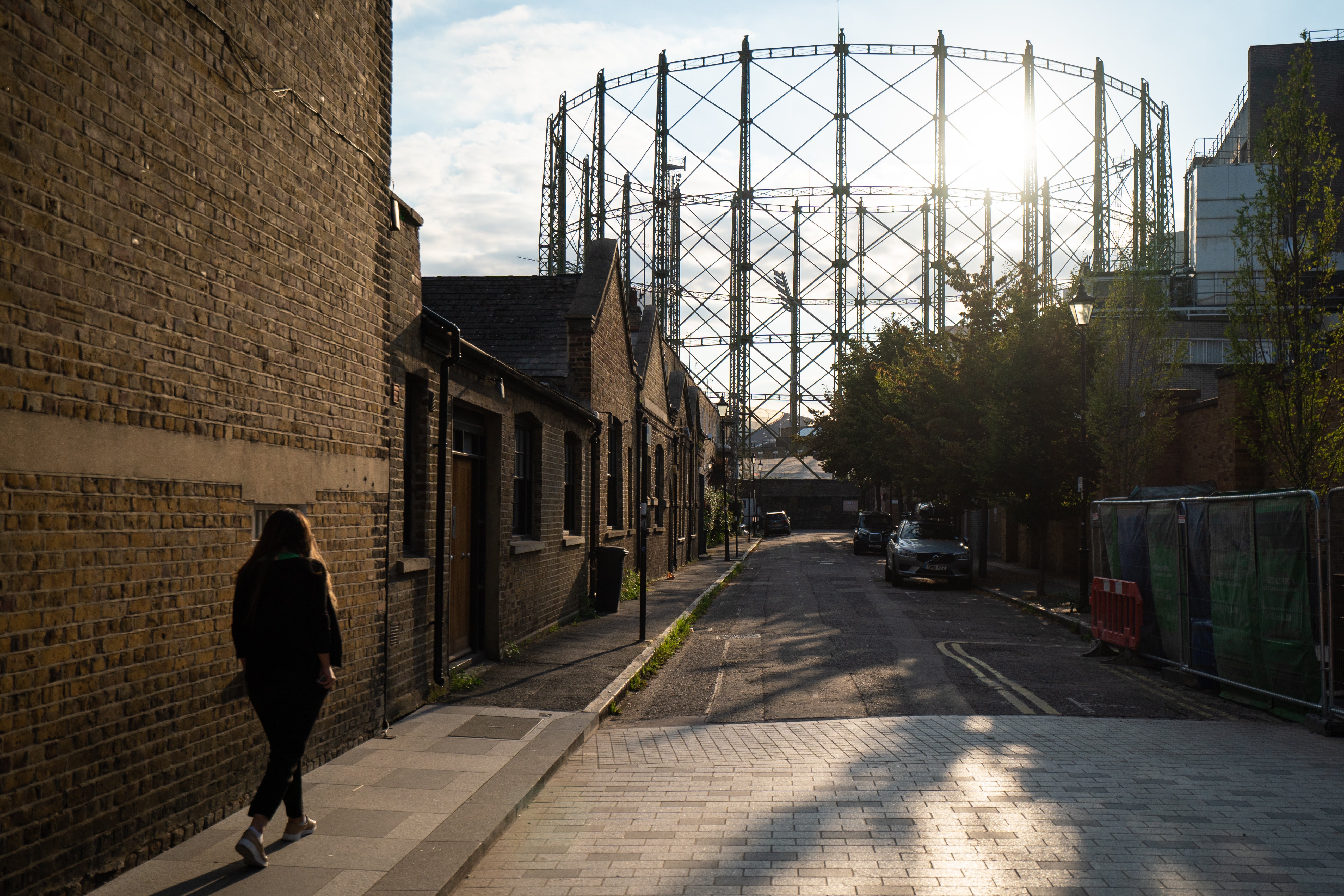Government to introduce new levies on gas in green energy strategy – report
Energy bills could rise even higher for Britons amid reports ministers will introduce new charges on gas.

Your support helps us to tell the story
From reproductive rights to climate change to Big Tech, The Independent is on the ground when the story is developing. Whether it's investigating the financials of Elon Musk's pro-Trump PAC or producing our latest documentary, 'The A Word', which shines a light on the American women fighting for reproductive rights, we know how important it is to parse out the facts from the messaging.
At such a critical moment in US history, we need reporters on the ground. Your donation allows us to keep sending journalists to speak to both sides of the story.
The Independent is trusted by Americans across the entire political spectrum. And unlike many other quality news outlets, we choose not to lock Americans out of our reporting and analysis with paywalls. We believe quality journalism should be available to everyone, paid for by those who can afford it.
Your support makes all the difference.Energy bills could go up even further for UK customers amid reports the Government is planning to introduce new charges on gas.
According to The Times, a new strategy will be published before the Cop26 climate conference in Glasgow next month, which commits the Government to cutting the price of electricity and imposing a levy on gas bills to fund low-carbon heating.
On Monday, the Prime Minister said Britain was aiming to produce “clean power” by 2035 as part of the country’s goal of reaching net zero carbon emissions; and earlier this week, Business Secretary Kwasi Kwarteng insisted that by decarbonising the UK’s power supply, the Government would ensure that households are less vulnerable to swings in fossil fuel markets.
The Government will release a series of consultations before going ahead with the plan, which is likely to start in 2023 and could add £170 a year to gas bills, the paper reported.
The strategy will reportedly include measures to boost the sale of heat pumps, which according to the GMB union costs £8,750 on average before VAT – the equivalent to almost a third (31%) of the average household’s entire annual income.
A spokesman for the Department for Business, Energy and Industrial Strategy told the Times: “We’ll set out our upcoming heat and buildings strategy shortly. No decisions have been made.”
It comes as rising energy costs have prompted industry leaders to warn the Government their factories could stop production or permanently close.
Andrew Large, director-general at the Confederation of Paper Industries, and Gareth Stace from UK Steel attended a meeting with the Business Secretary and other representatives of energy intensive industries to discuss the wholesale gas crisis on Friday afternoon.
Speaking to the BBC Radio 4’s PM programme afterwards, Mr Large claimed it was “very clear” across all of the sectors that there are “serious” risks factories could stop all activities as a result of the gas prices being too high.
He said: “When we talked with the Secretary of State this afternoon, it was very, very clear across all of the sectors that there are serious risks of effectively factory stoppages as a result of the costs of gas being too high to bear, and in those circumstances there will be a gradual knock-on effect through supply chains, right the way across manufacturing, consumer retail and other products. And so the risks are very, very real.”
Speaking to Channel 4 News, Mr Stace insisted the worst-case scenario would see steel plants closing for good.
He explained: “The nightmare scenario would be that we produce less steel in the UK, that we see all of that steel that we do consume in the UK, and that’s increasing, be met by imports and once you take away a steel plant, you don’t really bring them back.
“That’s it for good. Once it’s done, it’s done.”
In a letter to the Times’ editor, former British ambassador to Russia Sir Tony Brenton appeared to suggest the UK should have signed a long-term contract with Moscow for gas supply 15 years ago.
Sir Tony said he “witnessed Gordon Brown complain to (Vladimir) Putin about surging gas prices; the response was that our problem was self-inflicted”.
“Other countries avoided the vicissitudes of the market by entering long-term contracts; Britain did not,” he added.
Analysts have predicted UK customers could see their energy bills rise by 30% next year.
Research agency Cornwall Insight has claimed further volatile gas prices and the potential collapse of even more suppliers could push the energy price cap to around £1,660 in summer.
The forecast is approximately 30% higher than the record £1,277 price cap set for winter 2021-22, which commenced at the start of October.